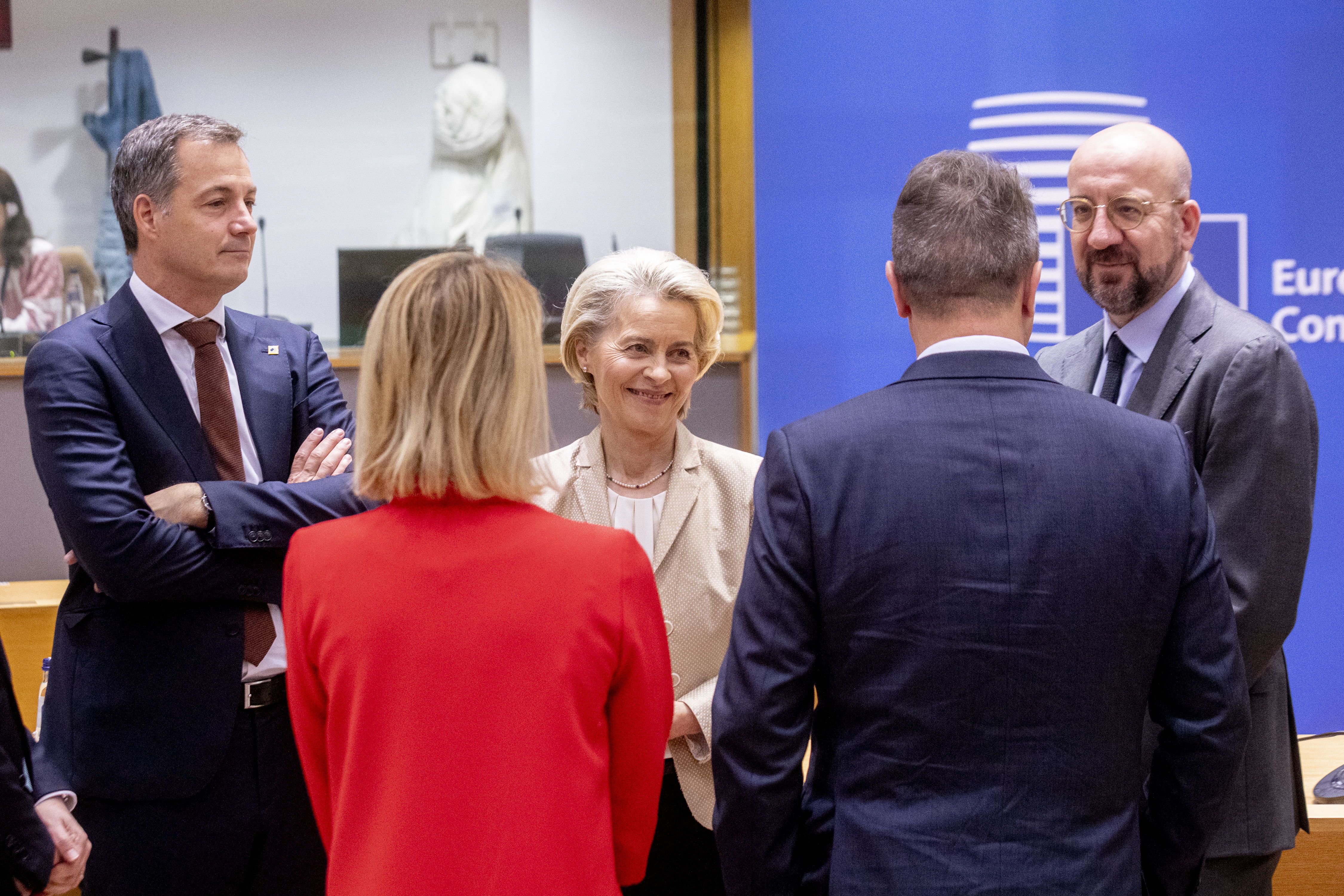EU presidency: Ambitious Belgium has to deal with reality

"Protecting citizens, strengthening the economy, preparing for the future": this is the slogan of the Belgian EU presidency for the coming six months. The high ambitions are in contrast with the reality of the short term. For the challenges in the longer term, ambition is more welcome.
Governments of Europhile countries are always full of ambition when they take over the EU presidency. They promise they will steer the EU agenda in the direction the people want. In reality, "EU presidents" are not that powerful and mostly have to deal with what’s already on the table.
In the short term, there’s not much on the table. In less than six months, there will be European elections and all political mandates come to an end. This means the main legislative work has been done, and now only needs completion. Some 150 legal texts are still being worked on. The most visible ones are those related to the new migration pact that was concluded between EU institutions mid-December.
Fair competition
A major ambition of the Belgian presidency is for the medium term: strengthening the economy. The federal and the Flemish government both want to monitor the competitiveness of the EU companies. With high subsidies for companies in the US and China, at a time when countries are prioritising their own national economic interest, the EU has to find a response.
As a small country Belgium wants to be sure that response comes from the EU level. With national responses, larger, richer countries like Germany would have a unfair advantage.
And then there’s the longer term that has to be prepared today: enlargement and its financial consequences. Around Schuman, there’s a general feeling that an ambitious enlargement, with Ukraine among others, is necessary, but for now nobody knows how to reshuffle voting procedures and finances to ensure this larger union is efficient.
Besides the planned agenda points, there are what Harold Macmillan called "events, my dear boy, events". How will events in, for example, Ukraine and Gaza affect the world? Geopolitical events are not the competence of the Belgian presidency but they can affect the work being done in the Council.
Who will be what?
And last but not least, there’s the matter of nominations. Who will succeed Charles Michel as president of the Council? Will Ursula von der Leyen stay, or leave for NATO? How will political parties try to gain power in the Parliament, Council and Commission? The pieces of that puzzle will only fall into place in the second semester, but ambitious politicians know they have to be prepared. Mediation will be necessary now.
After Belgium's presidency ends comes Hungary's turn. It's highly likely that many in the EU institutions will use the coming six months to limit the damage that prime minister Viktor Orban could inflict in the six months that follow.
Alexander De Croo, Ursula von der Leyen and Charles Michel ©BELGA PHOTO HATIM KAGHAT